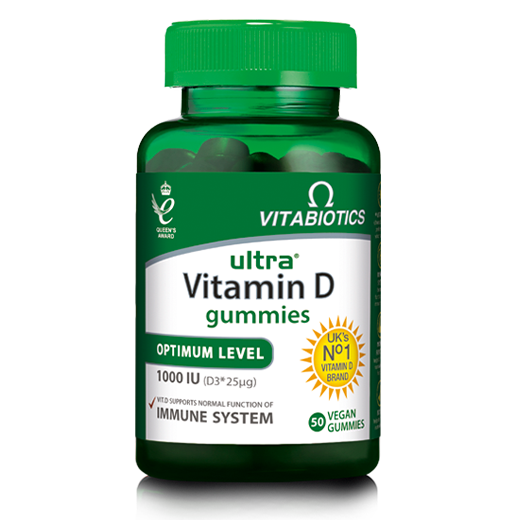Vitamin D plays a vital role in the body and is important for many different areas of health.
The Many Benefits Of Vitamin D
- Maintenance of normal bones and teeth
- Supports normal function of the immune system
- Important for normal cell division and normal muscle function
How Do We Get The Vitamin D Our Bodies Need?
When it comes to getting enough vitamin D, looking at the food on our plates is a good place to start.
Alongside rich and oily foods, there are other instances where foods are ‘fortified’ with vitamin D. Cereal, margarine, bread and yoghurt are among a few sources to include within a healthy and balanced diet.
Combining these food types, with regular (but not excessive) sunlight and a vitamin D supplement can help to safeguard the body’s level of vitamin D.
Our Bodies Create Vitamin D When Exposed To Direct Sunlight
The main reason vitamin D is nicknamed the ‘Sunshine Vitamin’, is due to our bodies ability to produce vitamin D when exposed to direct UV sunlight.
This means that those who find it difficult to get enough exposure to regular sunlight, can also experience difficulties enjoying the health benefits of vitamin D.
Did You Know
In the UK, for the majority of the year it’s difficult to get enough vitamin D from the sun alone, as it’s simply just not strong enough.
However, the NHS reports that in the UK, a full 20 minutes in the sun between late March and early September is enough, providing it’s between the hours 11:00 and 15:00
These are the months with the longest hours of daylight, so it’s important to make the most of them.
It is also worth keeping in mind that using a high factor sunscreen (whilst vital for overall skin health) will go some way reduce the skin's ability to produce vitamin D on its own. This is why a vitamin D supplement is recommended for most people in conjunction with a healthy, varied and balanced diet.







Comments (0)